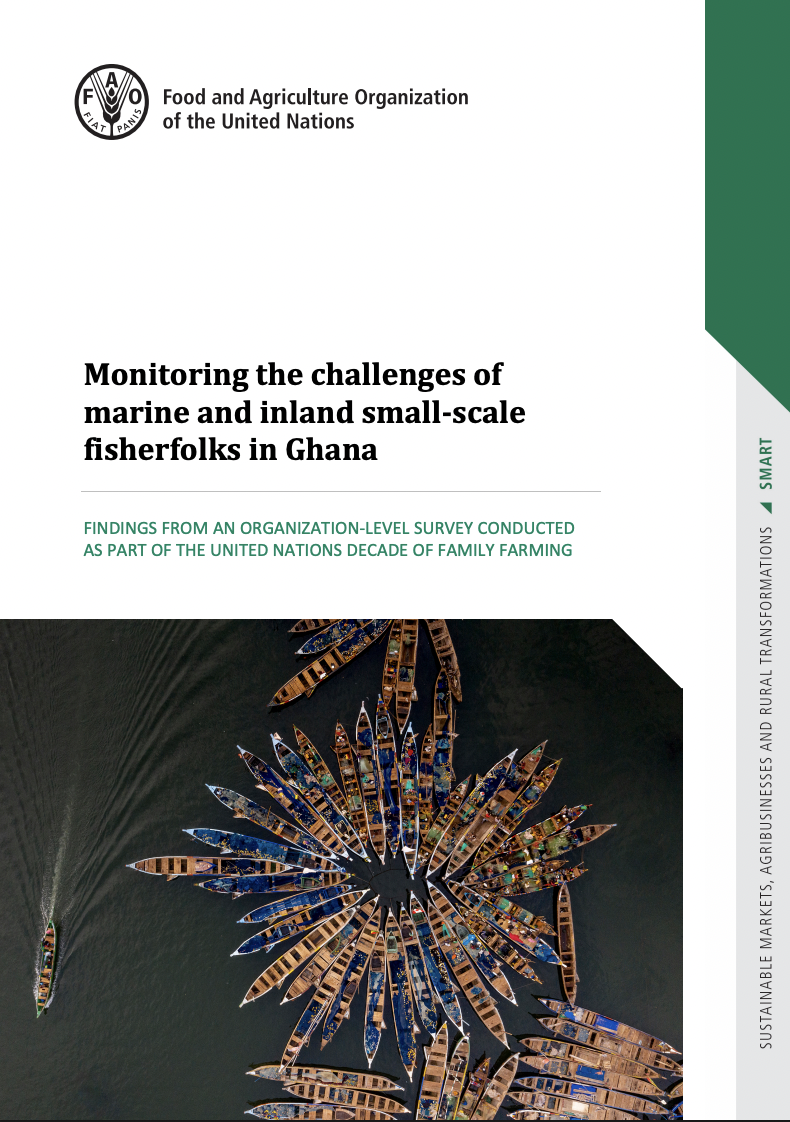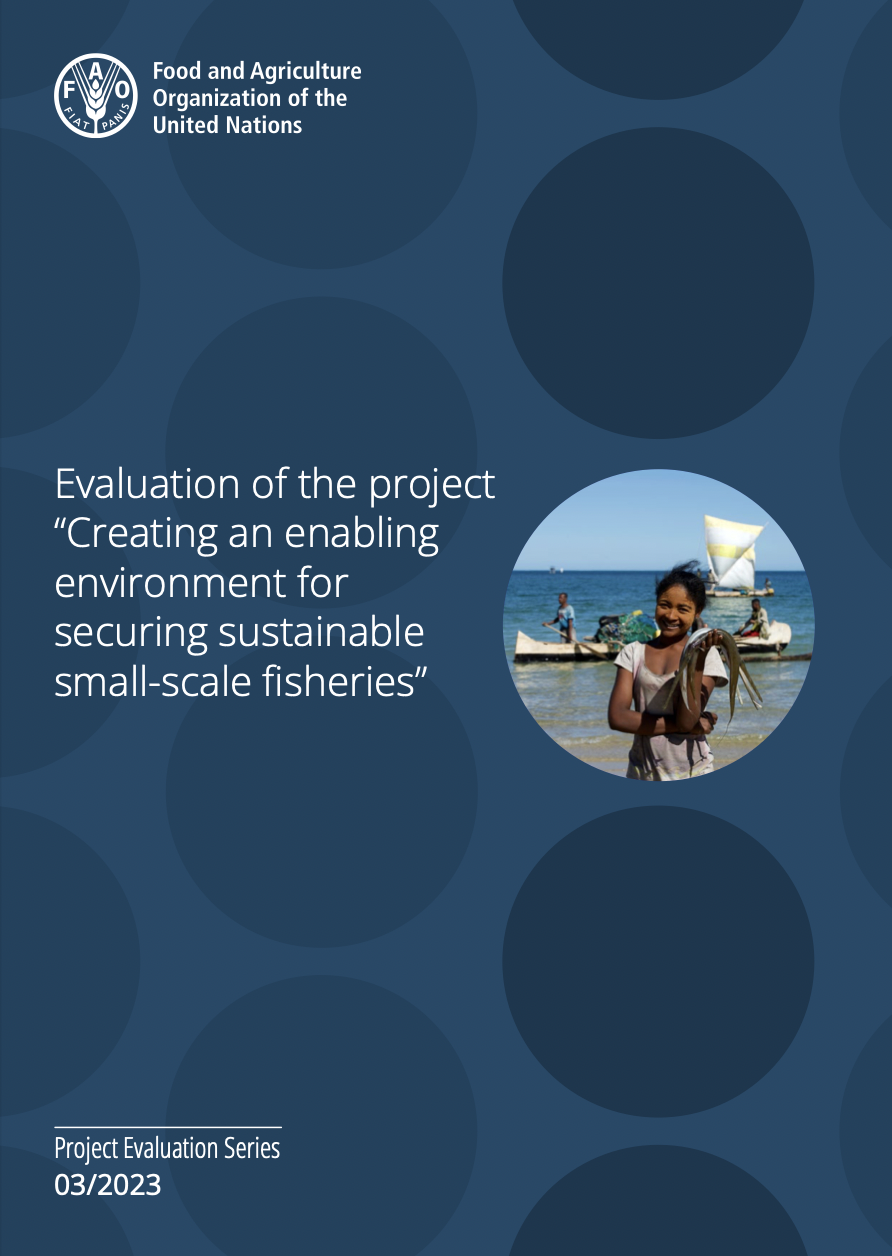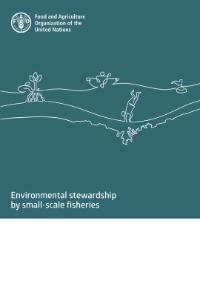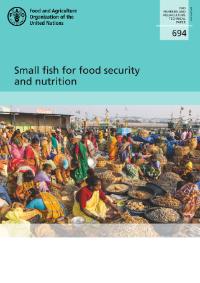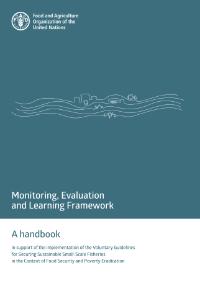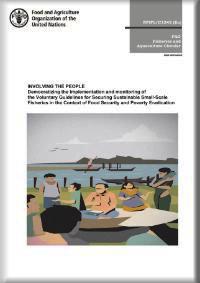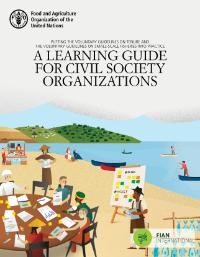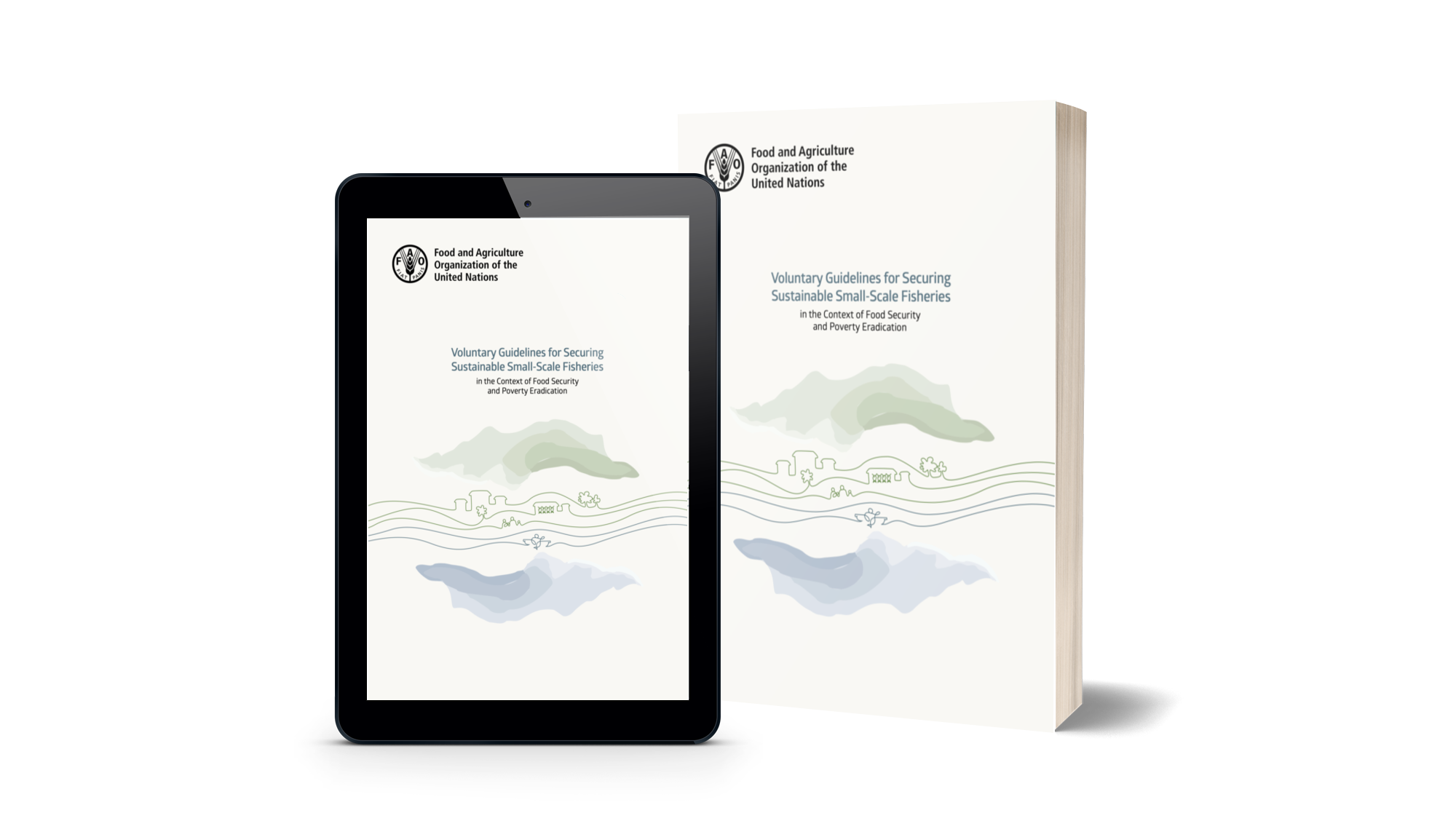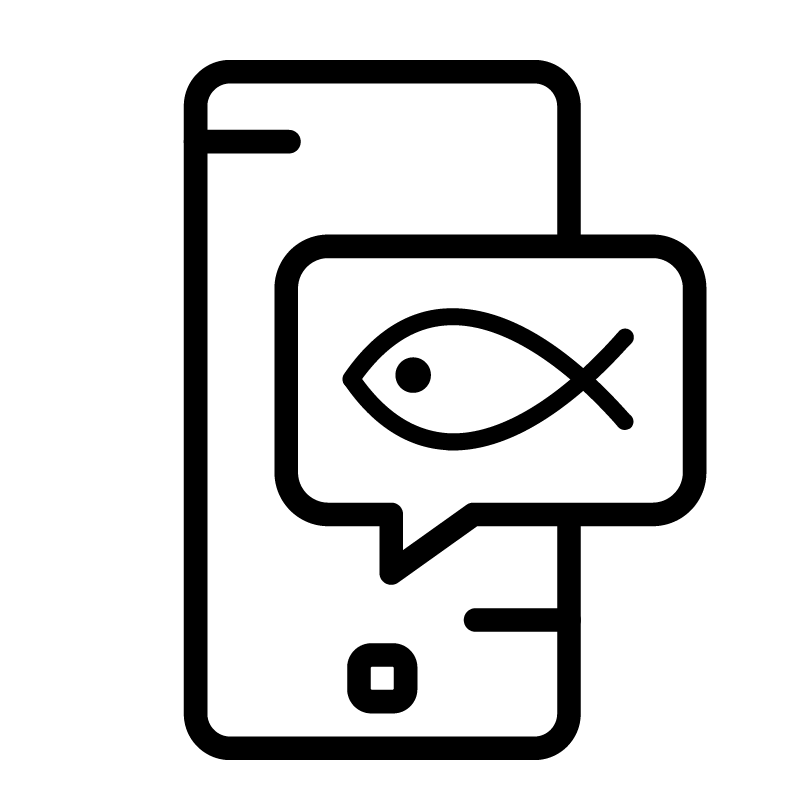Primary beneficiaries of this project are fishers and fish workers and their communities and organizations, as well as national authorities responsible for fisheries governance, regional organizations involved in processes relevant for small-scale fisheries, and research partners.
The project's objectives:
- Help end poverty in fishing communities and make sure fishers and fish workers can improve their own situation
- Make sure ecosystems and aquatic resources are managed and used sustainably
- Stop the marginalization of fishers and fish workers, and make sure they are better organised, have a stronger voice and participate in decision-making processes
- Improve policies, laws, institutions and the frameworks that guide and shape them
- Enhance the contribution of small-scale fisheries to global food security and nutrition and to support the progressive realization of the right to adequate food
Four interlinked components for sustainable small-scale fisheries
This project was structured similarly to the FAO Umbrella Programme for the promotion and application of the SSF Guidelines—Enhancing the Contribution of Small-Scale Fisheries to Food Security and Sustainable Livelihoods (FAO SSF Umbrella Programme, organized into four components:
- Raising awareness, where we focus on reaching out with information about the SSF Guidelines to small-scale fishers and fish workers as well as to governments, researchers and others – through our website, newsletter, and various publications, videos and other resources.
- Strengthening the science-policy interface, where we support collecting data, and developing and sharing methods for data collection. Better information for policy makers and other stakeholders shape better policies and practices for small-scale fisheries.
- Empowering stakeholders, where we strengthen small-scale fisheries organizations as well as government institutions to be drivers of change for more sustainable small-scale fisheries – because a participatory and inclusive approach is vital to the road ahead.
- Supporting implementation, where we help build collaborations and create platforms for multiple actors in small-scale fisheries to meet, discuss, and align their efforts to implement the SSF Guidelines for the benefit of all. We also help develop ways to monitor progress.
Main activities
The work was developed in close collaboration with regional FAO offices and a multitude of partners in Africa and the Near East, Asia and the Pacific, and Latin America and the Caribbean. The project activities span over global, regional, national and local levels.
For instance, we worked with small-scale fisheries organizations in Africa, we supported the Caribbean Network of Fisherfolk Organizations (CNFO) to promote fisher-led implementation of the SSF Guidelines in the Caribbean region, and we backed the Network of Small-scale Fishers of the Indigenous Peoples of Central America. We also worked with regional intergovernmental organisations and structures, such as for example the General Fisheries Commission for the Mediterranean (GFCM), the Southeast Asian Fisheries Development Center (SEAFDEC) and the Fishery Committee for the Eastern Central Atlantic (CECAF).
In ten countries, we gave comprehensive support to put in motion the development of National Plans of Action or similar holistic approaches to implement the SSF Guidelines (Senegal, Tanzania, Madagascar and Philippines), strengthen women in fisheries (Oman), build on earlier work to empower fisheries organizations and influence policies (Costa Rica) and to complement other FAO initiatives to empower fishing communities (Myanmar, Cabo Verde, Côte d’Ivoire and Senegal).
Related publications
Related news
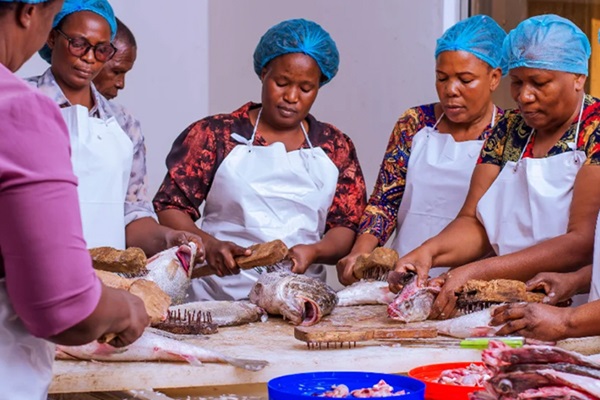
Reeling in a better future for Tanzania’s women fish workers
16/10/2025
When Hadija Malibiche first started buying and selling fish in the coastal region of Mtwara, she worked alone and struggled to make a steady income. Like many women in small-scale fisheries, she had no access to credit, little bargaining power in the market, and few opportunities to grow her business. That changed after she joined a group of fishers that belongs to the Tanzania Women Fish-workers Association (TAWFA).
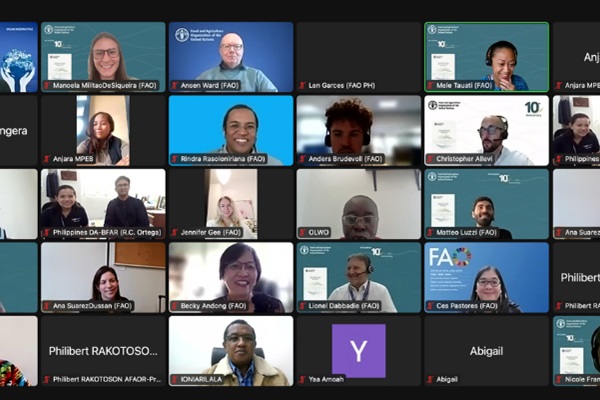
Virtual inception meeting on new project 'Implementing the Small-Scale Fisheries Guidelines for gender-equitable and climate-resilient food systems and livelihoods - Phase 2”
15/05/2024
A virtual inception meeting was held to bring together key project stakeholders and FAO colleagues from headquarters, regional and country offices to introduce and discuss the activities that will be developed during the new FAO project 'Implementing the Small-Scale Fisheries Guide...

